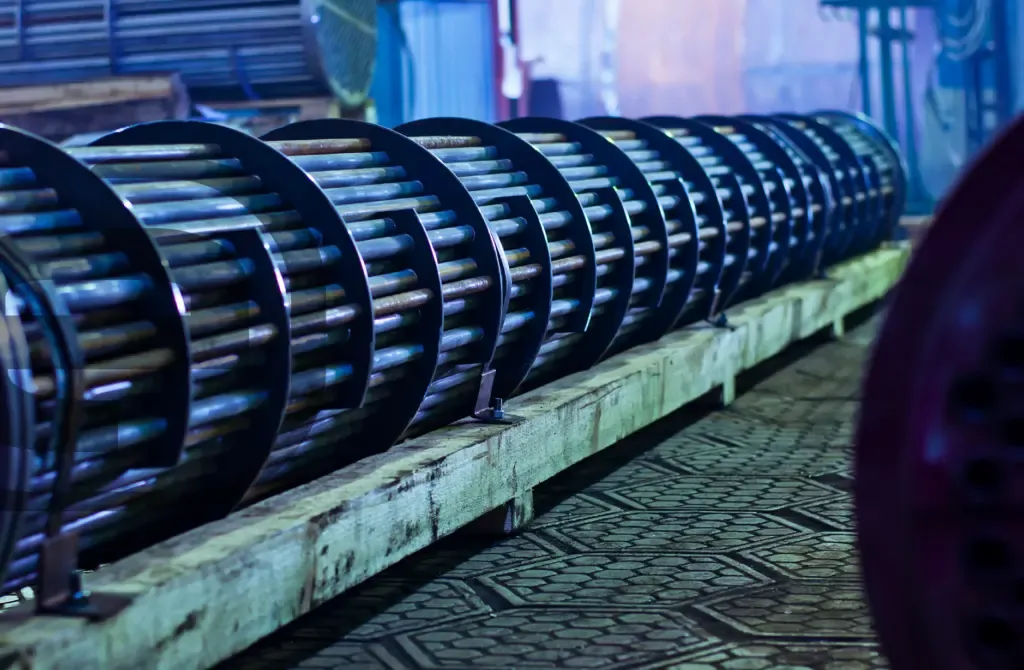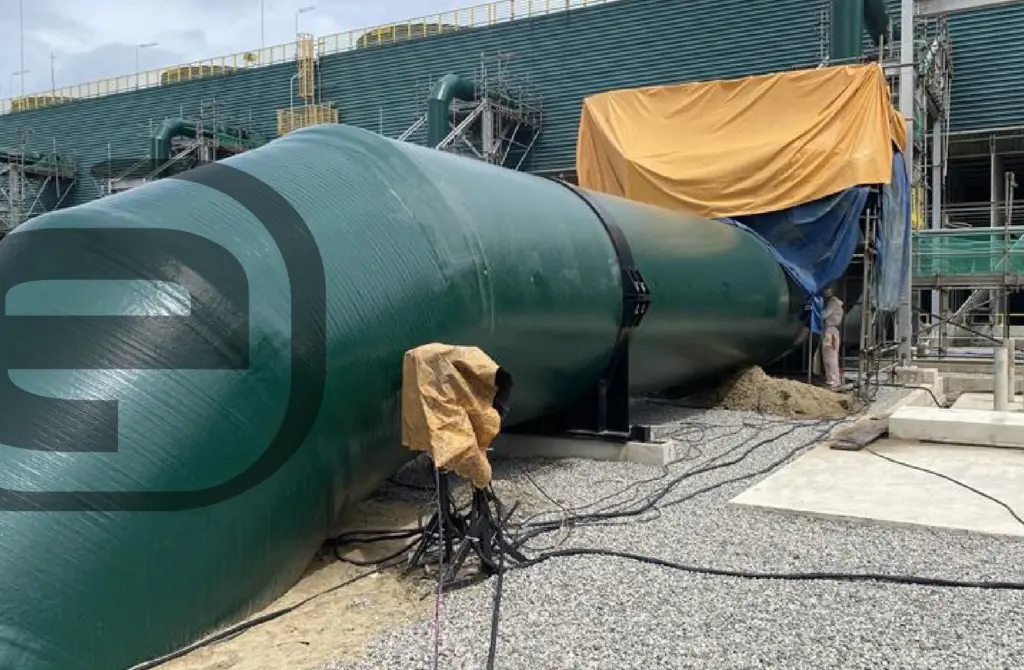As it was mentioned in the previous article, in recent decades advanced economies have witnessed a strong relocation process, this being understood as that by which a company located in any country makes the decision to abandon its activity partially or totally in order to produce it in different countries.
This article explains the reasons that now facilitate the reverse movement of relocation, and the levers that can drive the growth of the Spanish industrial sector.
Despite not being admitted by the RAE (Real Academia Española), the term relocation is widely used and consists of relocating production to another location or reversing a relocation previously carried out.
The relocation trend began to reverse after the 2008 crisis due to the fall in demand, for which many companies were forced to relocate some plants. According to data from The Boston Consulting Group, from 2009 onwards manufacturing employment increased in the United States when it had been on a downward trajectory since the 1970s.
This change in trend with the return of industries has been underpinned after the COVID19 health crisis that paralyzed the supply of products from Asia, even before European countries had been affected by the pandemic.
This has revealed the extremely high dependence on foreign countries in times of difficulty such as this, a dependence that would be disastrous in other extreme situations, such as an armed conflict.
Just when it seemed that China would become the factory of the world, this situation begins to balance in the second decade of the 21st century for the following reasons:
- Labor costs have been getting cheaper in the West thanks to advanced manufacturing technologies and robotics.
- Labor and environmental regulations are developing in China.
- Chinese labor costs have increased, in turn relocating part of its production to countries such as India, Bangladesh, Pakistan or Morocco.
- The quality is still higher in the West.
- The greatest importance is gaining product customization, rapid adaptation to taste and luxury.
- The high dependence of Western countries on external production, logistics chains and geopolitical factors, as has been revealed by the pandemic and could be aggravated in the event of war.
- There is not enough patent protection and know-how.
- There are cultural and language differences that affect negatively.
The first cases of relocation were seen in the US economy, which, due to its size and dynamism, is the main one in the Western bloc. The effects of industrial relocation were suffered more intensely there, but the foundations for a recovery based on new technologies and the impetus given since 2013 by President Obama’s administration were also laid earlier. Since then the slogan “American made” has not disappeared from American national politics.
The European reaction came in 2014 with the Commission report “For a European industrial renaissance” but it is still a series of recommendations for the European Parliament that must then be put into practice. And as we have already said, the goal for the year 2020 has not been met.
Content
The supply crisis
The great dependence of Western countries on production relocated to emerging countries is now evident in the situation of supply crisis. It affects firstly with an increase in the cost of materials and components, and ends up causing logistical complications and the stoppage of production plants and temporary employment regulation files that have been taking place throughout 2021.
According to the World Consumer Organization (WTO), exporting restrictions have also been verified in response to the COVID-19 crisis. According to one of its reports, there have been export bans and restrictions, which have affected medical supplies such as drugs, masks, respirators, vaccines and other medical equipment that countries have reserved for internal consumption.
Thus, precisely what previously had a clear performance and more than positive results has ended up leading to a nightmare of lack of stocks, endless delays, employment regulations and shortages of essential products in an emergency.
Reindustrialization. Growth levers.
The most delicate situation is that of the developed countries specialized in traditional productions, such as Spain, trapped between the most technologically advanced economies, which dominate innovation in advanced manufacturing, and the emerging industrial ones, with firm comparative advantages in traditional activities and growing advantages, acquired very quickly through MNEs, in more technologically intensive manufacturing. Obviously, these countries must redouble their efforts to meet the competitive challenge of the developing world.
Since reindustrialization is a trend that all our neighbors will execute, there is a risk of being left behind if no action is taken. At this time, the greatest concern is what will happen to the Spanish motor vehicle industry, which has successfully withstood the challenges of international competition, maintaining the volume of employment while raising its levels of labor productivity, improving its competitiveness, but that now faces the reconversion of the sector that will cause the transition to electric vehicles. There is an obvious risk of losing market share to the detriment of other developed countries with greater innovation.
But there is a real opportunity to generate wealth in Spain through a competitive reindustrialization of the economy. The necessary premise is that the industrial sector is not only larger but more competitive. For which you should work on the following lines:
- Set measurable goals to achieve. The national aspiration that the Industry has a weight in the GDP of 20% is a good start. Likewise, the turnover per employee, which was 273.00 euros in 2018, should approach values of 340 K€ to be closer to the leading pack in the EU. In both cases, it represents a potential improvement of 25%.
- The historical Achilles’ heel of the Spanish industry is the small size of the companies compared to the European countries of reference and the productivity of work that is affected both by the smaller size of the companies and by their dedication to lowering value sectors added as intermediate and traditional. The increase in the size of companies and the development of the small sector of advanced manufacturing would result in improvements in productivity and would facilitate internationalization.
- The development of sector clusters is a very powerful tool to deal with limited size and respond to training and innovation needs.
- The private sector can take advantage of collaborative sectoral possibilities such as clusters, but it must also be proactive and not wait for the completion of structural economic reforms. It is essential that companies anticipate and lead the change that technological disruption entails. The development of Industry 4.0 strategies such as robotization, artificial intelligence, alternative production processes, smart factory, Internet of Things, etc. it is “an essential requirement to guarantee the competitiveness of Europe in the medium and long term with implications for the general welfare” (European Commission, 2016).
Finally, in a world with increasingly blurred borders, the mastery of technologies and the ability to carry out innovations will decide the positions in the markets. It is not only that Spain must catch up with its European partners in investment in R&D&I, but that it must face it by integrating sectoral capacities, administrations and universities, as well as working to raise the qualifications of employees with programs of continuous training and evaluation.
Bibliography
- Instituto Nacional de Estadística. España en cifras 2021.
- Rowan Moore Gerety (2021). Deslocalización y rentabilidad privada. MIT Technology Review.
- José Ramón Fernández de la Cigoña (2021). ¿Relocalización? Nueva tendencia de moda en muchos de los sectores industriales. Sage Advice.
- Rosemary Coates, Alex Levy, Daisie Hobson, Jasmine Afshar, (2019). Survey of global manufacturing. The changing trends of reshoring in the United States. Reshoring Institute.
- Dirección General de Política de la Pequeña y Mediana Empresa (2018). Globalización y deslocalización. Importancia y efectos para la industria española.
- Cámara de Comercio de España (2018). Mapa del sector industrial español: claves y retos.
- Boston Consulting Group (2015). Reshoring of manufacturing to the US gains momentum.
- Deloitte (2015). Propuestas para la reindustrialización de España.
- Comisión Europea (2014). Por un renacimiento industrial europeo.
- Harold L. Sirkin, Justin Rose, Michael Zinser (2012). How shifting global economics are creating an American comeback. The Boston Consulting Group.
- Esmeralda Linares Navarro (2009). La deslocalización industrial en Europa. Analistas económicos de Andalucía.
Further information
For any query or request for additional information about our services and technologies, please complete the following form:

















